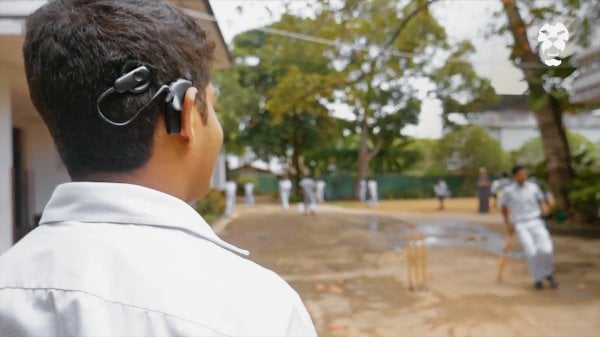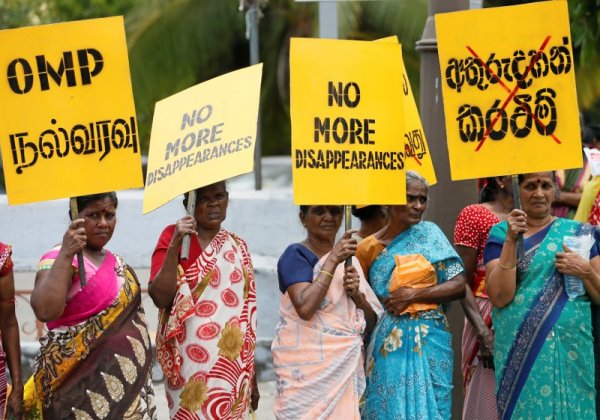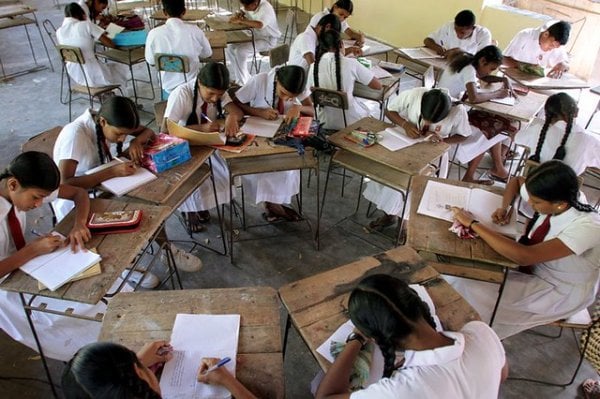
Three-wheelers are the preferred mode of travel in the cities of South Asia, but as many a traveler will tell you, there are instances they’ve been scammed. In Sri Lanka too, we hear the gamut of excuses from “meter broken” to “give me any amount,”—only to be harangued at the end of the ride for more than what the ride would actually cost.
This sort of behaviour is not particular to the locals—foreigners too have complained that they’ve been at the receiving end of some ill-hatched scheme or the other, to the degree that the United States Embassy in Colombo issued a warning in July, advising female travelers in particular, to be more cautious.
The US Embassy’s warning alarmed Sri Lanka’s tourism authorities to the extent that they quickly moved to hold discussions with relevant parties and government bodies to come up with a long-term solution to the problem.
It is in this light that the Sri Lanka Tourism Development Authority (SLTDA) announced the introduction of a ‘Tourist-Friendly’ tuk-tuk service in Colombo, with plans to streamline the tuk industry in Sri Lanka through a licensing system.
It also resonates with the 2018 Budget proposal to set up a ‘Three-Wheeler Regulatory Authority’, under which all three-wheel drivers would be regulated and disciplined.
The Budget 2018 also promised that meters would be made mandatory and that they would run a programme to train tuk-tuk drivers. But what do all these changes really mean, who will be handling them, and how will it benefit us, locals?
Roar Media spoke to a senior spokesperson at the Sri Lanka Tourist Development Authority, the body tasked with initiating the new tuk-tuk regulations, to find out more about what measures the government plans to roll out and by when we should see a change.
Licencing
A large part of the new programme involving tuk-tuk drivers will be licensing, SLTDA Community Relations Director Mihira Liyanaarachchi told Roar Media. He said that under the new regulations all tuk-tuks transporting tourists will be compelled to register with the SLTDA.
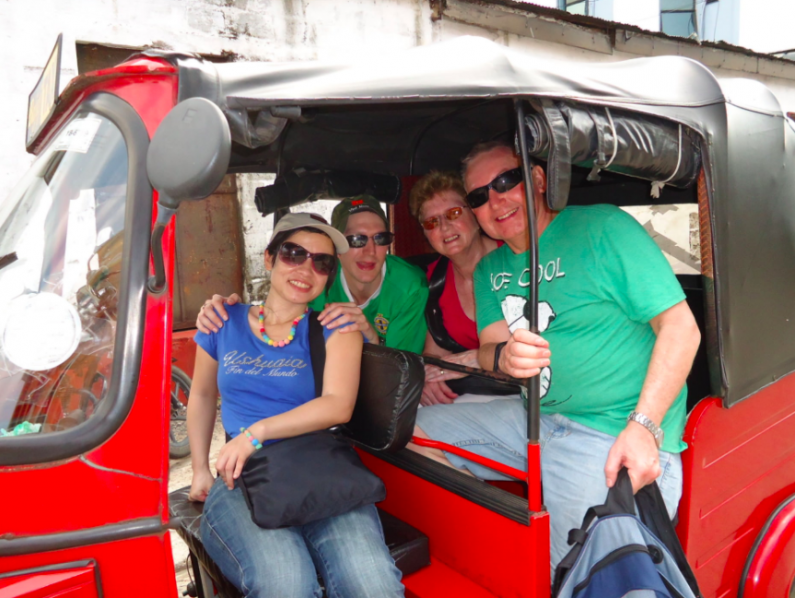
Image courtesy dontstopliving.net
“Licensing is only one part of our two-pronged approach,” he said. “With the licensing, the SLTDA intends to streamline their service.”
“The Tourism Act No. 38 of 2005 holds that all tourism service providers should be registered with the SLTDA. This means that anyone that performs any service for tourists should be registered with the SLTDA,” he said.
When asked if this meant that no random, unregistered tuk could take a tourist on for a ride, Liyanaarachchi replied to the affirmative. “Ultimately, the plan is to get all three-wheel drivers transporting tourists to register with the SLTDA,” he said. “This would ensure that an important segment of the industry is covered and streamlined.”
The operation will be mainly based in Colombo, where approximately 10,000 tuks transport tourists on a daily basis. It is likely to systematically expand to other major cities, too. The whole process, according to the SLTDA, may take a few years.
Standards
What differentiates the SLTDA’s initiative from a mere licensing process is the fact that upon licensing, standards would be issued on the drivers.
For instance, meters will be made mandatory, and as an additional feature, drivers would be required to display their information prominently on the tuk-tuk.
The information includes the name of the driver, his address and contact number, as well as the details pertaining to the police division under which he functions, so that a complaint could be made to the right quarters, if necessary.
In addition, all licensed tuk-tuk drivers would be given lessons on etiquette, customer care, code of conduct, duties and responsibilities of a tuk driver, essential first aid, basic language skills, and road discipline.
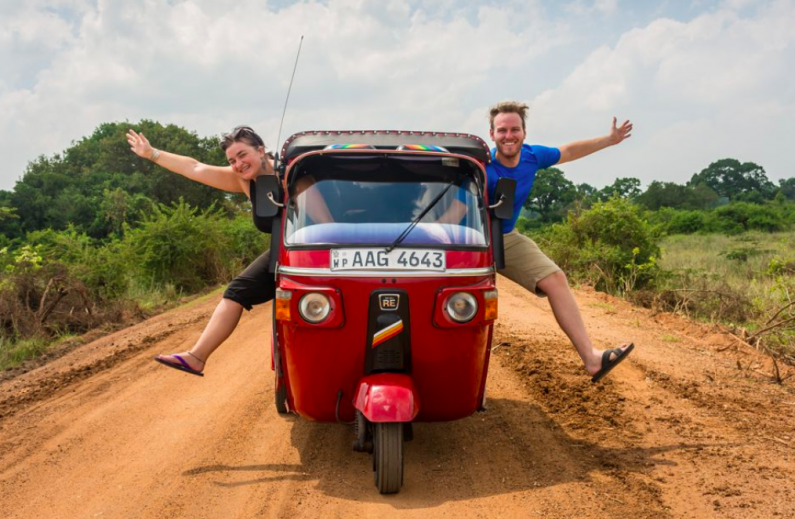
Three-wheelers are the most fun way to get around the island. Image courtesy packtolife.com
Communities
The move by the SLTDA has been well received by the tuk-tuk community. At a recent meeting held with tuk-tuk driver representatives, tuk-tuk drivers had expressed approval for the SLTDA project.
Tourist Three-wheel Drivers’ Association secretary Udara Samarasekara told Roar Media that the move was a very good one: “Many tourists are scammed by unscrupulous three-wheel drivers and this will put an end to that,” he explained.
He stated that while he operated in the Colombo area—honourably—for some time now, many new tuk-tuk drivers from rural areas were flocking to Colombo with the intention of earning at the expense of unsuspecting tourists.
“I operate outside the Hilton Hotel during the day,” he said, “but when we leave at night a new set of drivers operate from there. They attempt to fleece the tourists. In the morning we are the ones hauled up before the police and questioned,” he said indignantly.
He said the measures to license tuk-tuk drivers and provide them with basic training on how to act as tourist guides, and even on etiquette, would positively impact the industry as a whole.
Enforcement
Officer-in-Charge of the Tourist Police, Chief Inspector Prabath Vidanagama told Roar Media that the Tourist Police Division had already conducted a very successful awareness programme for tuk-tuk drivers attached to three main tuk-tuk parks servicing the Colombo city hotels.
“We have identified training and awareness as key to streamlining the industry,” he said, explaining that enforcing regulations would only be done after the relevant Gazette notification is published. “At this stage we want to educate the tuk-tuk drivers on the upcoming changes,” he said.
After the relevant Gazette notification is published, the Tourist Police would assist the SLTDA in cracking down on errant three-wheel drivers, he said, in the same way it was currently cracking down on unregistered tourist hotels in Colombo.
“First we will educate the three-wheel drivers on the upcoming changes together with the SLTDA,” he said. “After this we will let the SLTDA take over and proceed with the licensing. Finally, after the Gazette notification is published, we will set up a task force to enforce it,” he explained.
How will these changes affect you?
Although the measures seem primarily aimed at the tourism industry, as more and more tuk-tuks come under the licensing system, locals too will benefit from the regulations imposed on three-wheel drivers. “There has to be a starting point for everything,” SLTDA’s Liyanaarachchi said. “This is where we will begin and we will soon see the changes across the country. These changes will affect not just the tourism industry but the local market as well,” he said. The tuk-tuk industry is a large and unregulated one. It is estimated that 1.2 million tuk-tuks operate in Sri Lanka—that is, one for every 20 persons. By moving to regulate the tuk-tuks, the Sri Lankan government is embarking on a process of which the trickle-down effect will be monumental.
Cover: packtolife.com

